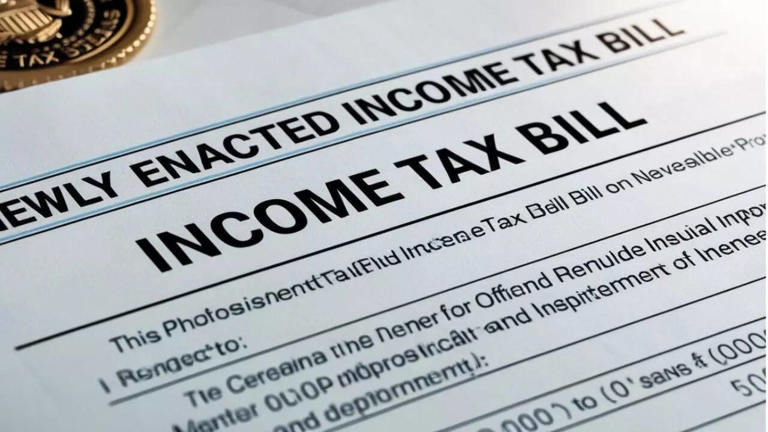
Income Tax Bill
Date: May 19, 2025
Day: Monday
Income Tax
Title: Why the Income Tax Bill Belongs in the ‘Income Tax’ Category (and Why That’s the Right Call)
Every time an Income Tax Bill is introduced or amended, it directly affects millions of taxpayers—individuals, professionals, and businesses alike. But when you're categorizing content or trying to structure financial information, a common question arises:
Which category does the Income Tax Bill really belong to?
➤ The Income Tax Bill is Primarily a Direct Tax Document
At its core, an Income Tax Bill is focused solely on the rules and rates applied to income earned by individuals and entities. It’s part of direct taxation, and typically includes:
-
Tax slab revisions for individuals and senior citizens
-
Updates to deductions under sections like 80C, 80D, etc.
-
New provisions or removals of exemptions
-
Surcharge changes for high-income earners
-
Penalty or compliance-related amendments
These changes are all central to how the Income Tax Act is applied, which is why this bill squarely belongs in the "Income Tax" category.
➤ But It Can Also Affect Related Areas:
1. Personal Finance
If you’re planning your finances, this bill matters. Changes in exemption limits or new deductions directly influence your:
2. Investment
The bill may alter taxation on capital gains, dividends, or investment-linked exemptions (like ELSS, PPF, NPS). These shifts can shape how and where people invest.
3. Economy
Major tax policy changes can influence overall revenue generation, fiscal balance, and even investor sentiment. However, these effects are indirect.
➤ Why the Category Matters
Proper classification helps simplify navigation in financial content. Placing the Income Tax Bill in the Income Tax category makes sense because:
-
That’s its legal and policy focus
-
It ensures clarity for readers looking for tax-related updates
-
It avoids confusing overlap with unrelated areas like GST or indirect tax laws
Conclusion
The Income Tax Bill may touch personal finance, investment decisions, and broader economic dynamics—but its core purpose is clear: to govern and refine the system of direct taxation on income. That’s why its rightful home is the Income Tax category.